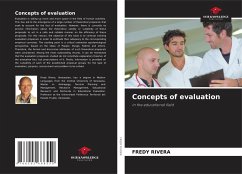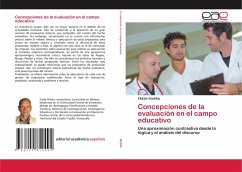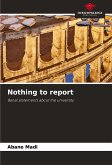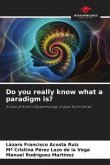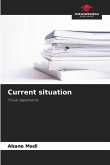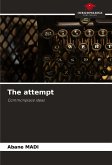Evaluation is taking up more and more space in the field of human activities. This has led to the emergence of a large number of theoretical proposals that seek to account for the fact of evaluation. However, there is currently no precise information about the theoretical validity or suitability of these proposals to act in a safe and reliable manner on the efficiency of these proposals. For this reason, the objective of this book is to contrast existing evaluation proposals in order to estimate their adequacy to the corresponding empirical correlate. The starting point is a critical rationalist epistemological perspective, based on the ideas of Popper, Bunge, Padrón and others. Therefore, the formal and discursive attributes of such theoretical proposals were considered. Among the most outstanding results, it can be mentioned that the evaluation proposals studied do not constitute explanatory theories of the evaluative fact, but prescriptions of it. Finally, information is provided on the suitability of each of the established proposal groups for the type of evaluation, purpose, assessment and problem to be solved.
Bitte wählen Sie Ihr Anliegen aus.
Rechnungen
Retourenschein anfordern
Bestellstatus
Storno

